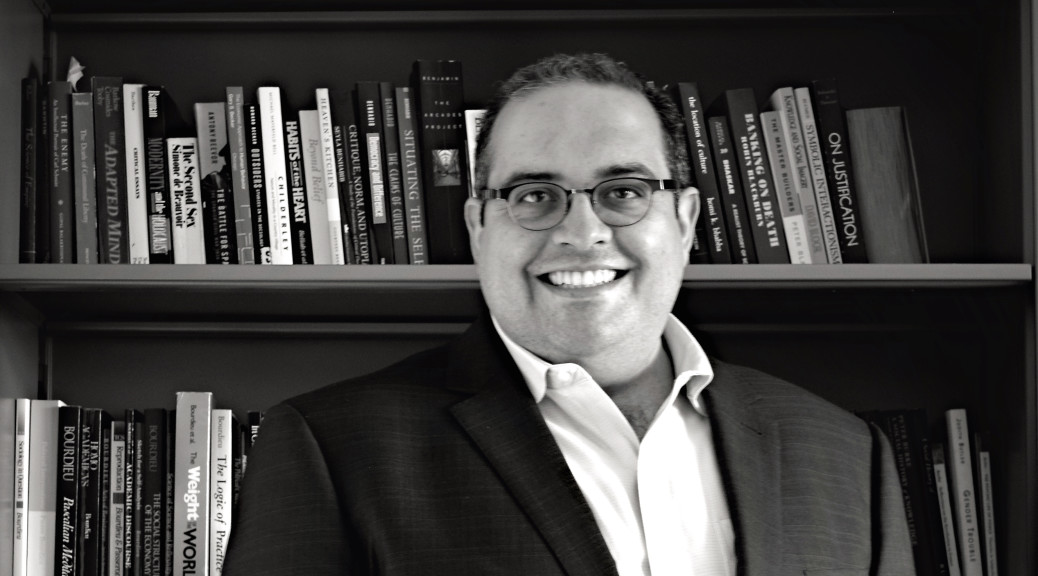SHAMUS KHAN
Associate Professor of Sociology
I think what was very surprising to many of us was not so much the institutional failing because lots of institutions were failing along those lines, but that there was no real connection between the students who were engaging in this activism and faculty on campus. That separation between students and faculty—Alondra [Nelson] and I both, and lots of us agreed—was a problem. I think it was seen as the continual separation of faculty and students. If there should be an institutional home at Columbia where students should feel like they could come and talk to faculty about this issue, IRWGS should be that place. This was before we were IRWGS. It was when we were IRWAG.
This was just a kind of meet-and-greet meeting. Not anything extensive, but more of a how can we work together to do some things with you? What are your aims, and are there ways in which we can provide support, advising, or even programming? This was in the fall and we were thinking about programming for the next year. During that meeting, the students stopped and left the room. They stopped the meeting and left the room to talk to one another. Then they came back and revealed to us that they were going to be filing Title IX and Clery Act complaints against the university. They were working with some activists outside of the institution, people from Know Your IX, and I think perhaps people from Legal Momentum—although I’m not sure—which is the legal group that used to be the legal wing of NOW, the National Organization of Women. They had yet to file the Title IX complaint, but they were planning on doing it at some point soon and that was going to be the big thing that they did in that spring. We also thought it would be useful to do some programming. Alondra really stepped into gear and organized a Know Your IX workshop where activists, a women from CUNY, someone from Legal Momentum, some of the women from Know Your IX, Annie Clark and another woman, came along with Marybeth. They did a sort of teach-in. This was the first thing that we did together with some of the activists on campus around Title IX.
There was a lot of mixed feelings on the part of the faculty about the filing of the Title IX complaint, but it was seen as something that, given our failure to support students in so many instances before, and our failure to hold the institution more accountable for its dealing with things like gender-based misconduct, a lot of those things were not expressed to students. We sort of tabled them all. I think most of us just felt really bad that we had no idea what was going on and hadn’t been there to support students. The students’ main complaint seemed justified, which was that the general apparatus of the university, the people like faculty, administrative staff, administrative offices, and then the higher administration, were either ignorant or dismissive of what was going on.

